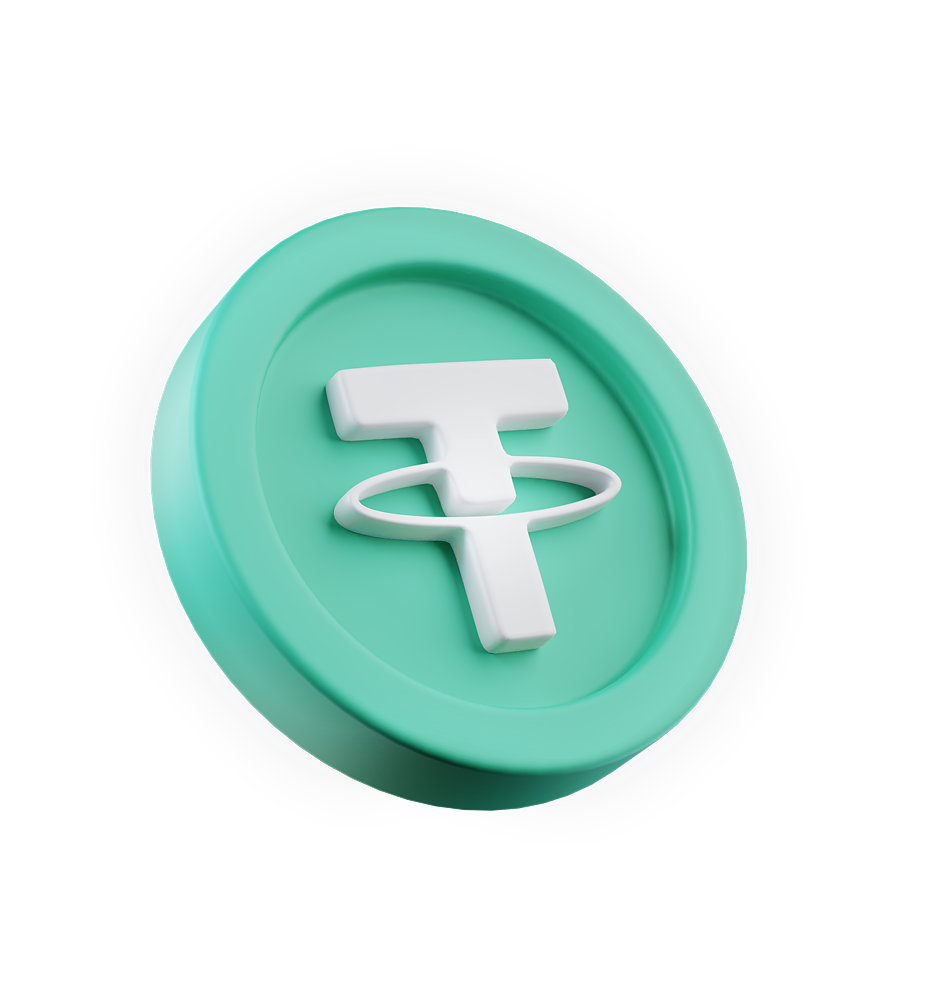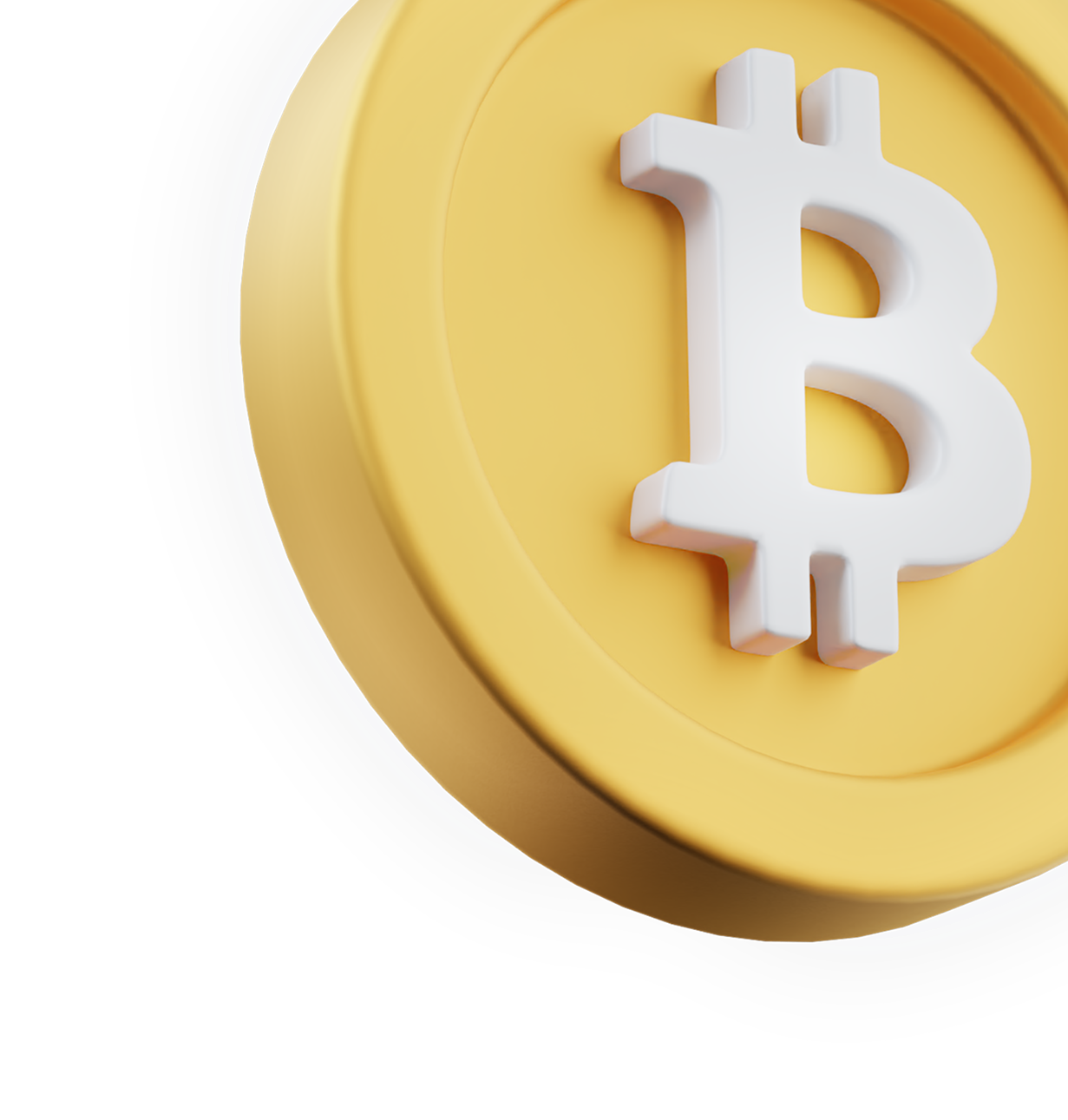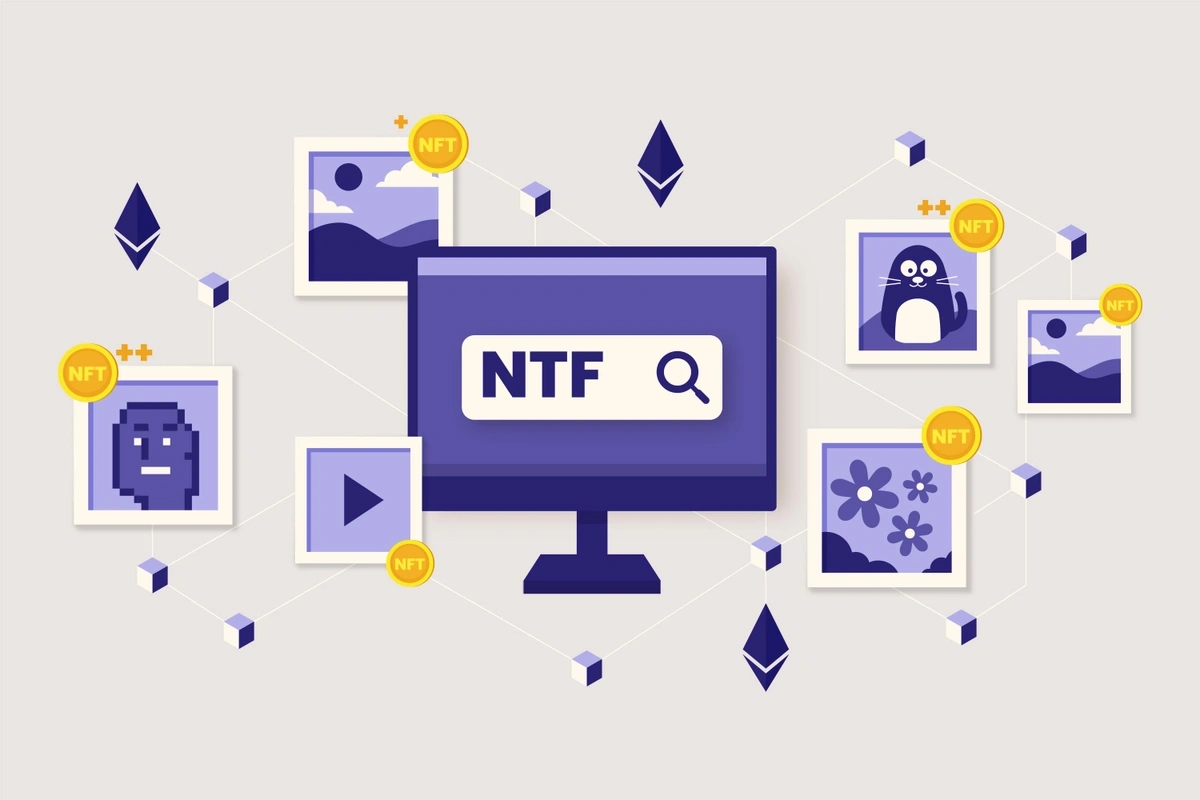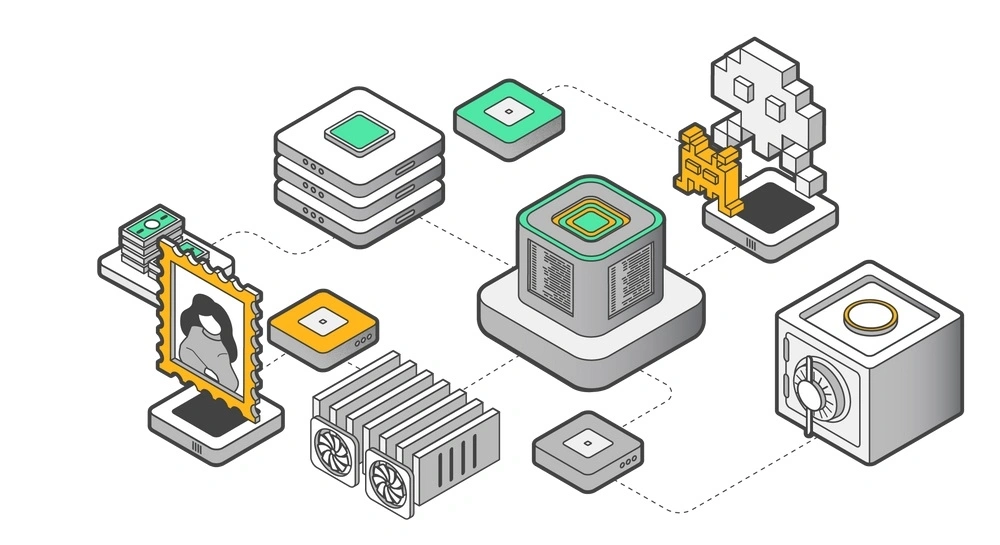MetaMask Alternatives – 6 Other DeFi Crypto Wallets to Consider

The decentralized finance (DeFi) sector has been booming, with investors increasingly exploring various crypto wallets to ensure the safety, flexibility, and utility of their digital assets. While MetaMask remains a staple in the Ethereum ecosystem, its limitations have driven users to look for alternatives. In this article, we delve deep into the both popular and up-and-coming MetaMask alternatives, offering a comprehensive view to help you make an informed decision.
What Is MetaMask and Why Some Investors Seek Alternatives?
MetaMask serves as a wallet and facilitates communication with the Ethereum network. It's favored for its easy connectivity with Ethereum-based dApps and for housing an array of ERC tokens and NFTs. Yet, its prime strength, being Ethereum-centric, is also a drawback. Users seeking to diversify and store cryptos beyond Ethereum will find that alternative DeFi wallets may be better suited to their particular needs.
Another reason crypto investors may seek a MetaMask alternative? The last few years have brought forth multiple outages. It also was called out by users for collecting IP addresses and sharing data with MetaMask’s sister company. While they’ve since highlighted efforts they’ve taken to roll back the amount of personal information they gather and store, they’ve burned some bridges, nonetheless.
So, with this in mind, let’s explore some Meta Mask alternatives!
MetaMask Alternatives Worth Checking Out
1. Zert
Zert stands as a pioneering force in the decentralized finance landscape, merging the best of both worlds: high-end security with unparalleled user accessibility. Its unique value proposition revolves around ensuring zero-effort, risk-free transactions, showcasing a deep commitment to keeping cryptocurrencies both safe and constantly under the user's purview.
Beyond its core offerings, Zert is a testament to the power of user-focused design and innovative technology. It's tailored to the diverse needs of the crypto community, making it a practical tool not only for blockchain beginners but also for seasoned experts looking for more advanced features and a higher degree of asset control.
Pros of ZERT
- User-Centric Interface: Designed for simplicity and clarity, facilitating an intuitive experience even for novices.
- Advanced Wallet Security with AI: Real-time monitoring using advanced AI to detect and prevent malicious activities.
- Broad Blockchain Network Support: Extends compatibility to five major networks, including Bitcoin, Solana, and Ethereum.
- Instant Fund Access: With Zert’s escrow wallet, funds can be quickly and securely accessed.
- Comprehensive Services: Offers more than traditional wallets with features like staking, buying, and sending crypto.
- Cold and Hot Wallet Solutions: Switch between the security of a cold wallet and the convenience of a hot wallet as per needs.
- Multi-Chain Support: Allows easy navigation across diverse blockchains, including Bitcoin, Ethereum, and Polygon.
- Regulatory Compliance: Adherence to both local and international standards guarantees a risk-free trading experience.
Cons of ZERT
- As a new player, it doesn’t offer the same online community built around MetaMask and other alternative wallets
- While user-friendly, the vast array of features might be overwhelming for absolute beginners.
2. Trust Wallet
As part of the mammoth Binance ecosystem, Trust Wallet stands out for its ability to support a massive variety of cryptocurrencies. Its non-custodial nature, multi-chain support, and extensive user base make it a solid pick for those seeking a shift from MetaMask. For mobile users, Trust shines on both Android and iOS platforms, providing a user-friendly experience.
Pros of Trust Wallet
- High App Store and Google Play ratings.
- Focus on multi-chain support, especially the Binance chain.
- Easy staking features.
- Supports 4.5+ million cryptos.
Cons of Trust Wallet
- Incompatibility with cold storage, the option of an offline wallet (often in a dedicated device). This is particularly glaring, as multiple MetaMask alternatives offer this option.
- Advanced settings might seem confusing.
3. MyEtherWallet
Often referred to as the unicorn of crypto wallets, MyEtherWallet offers a unique proposition: Instead of acting as a traditional wallet, it enables users to craft their Ethereum wallet. As an open-source platform, it showcases its own array of NFTs and ensures compatibility across both Ethereum and Polkadot chains. However, users need to tread with caution, given the past security breaches of this particular MetaMask alternative.
Pros of MyEtherWallet
- Comprehensive NFT management dashboard.
- Offers distinct NFTs.
- Allows custom wallet creation.
- Full ERC token and NFT support.
Cons of MyEtherWallet
- Primarily Ethereum and Polkadot-centric.
- Relies on a third-party web browser extension.
4. Coinbase Wallet
Coinbase, a household name in the crypto realm, offers a wallet that aligns with newcomers seeking a MetaMask alternative. Its integration with the main exchange platform facilitates easy crypto swaps. Designed with a beginner-friendly interface, it's accessible via both desktop and mobile, offering convenience.
Pros of Coinbase Wallet
- Ideal for crypto newcomers.
- Streamlined DeFi application integration.
- Wallet data remains isolated from the main Coinbase exchange.
Cons of Coinbase Wallet
- Ongoing U.S. legal challenges concerning Coinbase exchange.
- Higher fees relative to MetaMask.
5. Coinomi
With support for over 125 different blockchain networks, Coinomi is a behemoth in the crypto wallet landscape. Its availability across desktop and mobile platforms, coupled with cold staking tools, underscores its versatility. While it enjoys significant popularity in Asia, users need to be wary of certain drawbacks, as listed below.
Pros of Coinomi
- Established reputation since 2014.
- Supports an expansive list of blockchains.
- Cold staking provisions.
- Stand-alone app across multiple operating systems.
Cons of Coinomi
- Lacks two-factor authentication, a baseline security provision.
- Elevated fees for card linkages.
6. OKXWallet
Emphasizing user sovereignty, OKXWallet is a decentralized, non-custodial wallet. Users don't need to register, making it a prime MetaMask alternative for investors who prioritize anonymity above all else. While it supports over 50 blockchain networks, it places immense trust in its users, which can be a double-edged sword.
Pros of OKXWallet
- Supports over 50 blockchains.
- Anonymous with no registration requirements.
- Staking and yield farming options.
- Competitive market exchange rates.
Cons of OKXWallet
- Risk associated with private key mismanagement.
- Loss of keys is irreversible.
To sum it up, while MetaMask has its merits, the DeFi world is vast and brimming with alternatives. Depending on individual needs, whether it's multi-chain support, ease of use, or security features, there's likely a wallet out there tailored for every crypto enthusiast. As always, conduct your due diligence before making a switch or investment decision.
What to Assess When Choosing the Best Alternative to MetaMask
1. Ethereum Network and ERC Support
MetaMask is lauded for its robust integration with the Ethereum network. When searching for an alternative, it's essential to gauge how effectively and securely the new wallet connects with the Ethereum blockchain. This blockchain has defined multiple standards for tokens, and any worthy alternative should cover the most popular among them.
- Does the wallet seamlessly and securely connect with the Ethereum blockchain?
- Can it support a variety of ERC standards, like ERC-20, ERC-721, and ERC-1155?
- Does it only support Ethereum, or can it communicate with other blockchains?
2. Supported Cryptocurrencies
In the rapidly evolving world of cryptocurrencies, a wallet’s adaptability and versatility play a significant role. While MetaMask focuses primarily on Ethereum, many users prefer a single platform that can manage various tokens, both ERC and non-ERC.
- What is the diversity of the cryptocurrencies it can store?
- Does it offer an advantage in storing non-ERC tokens and other major cryptocurrencies?
3. Security Features
The cryptocurrency world is notorious for hacks and breaches, making security a top priority. Any MetaMask alternative must not just match but ideally surpass MetaMask's security protocols. Users' digital assets and data need top-tier protection mechanisms.
- Is there robust encryption for users’ private keys and data?
- Does it offer multi-factor authentication? Does it support biometric security, such as fingerprint ID or face ID?
- Are there any advanced security features or precautions, like cold storage or encrypted backups?
4. Supported OS and Devices
Accessibility across devices ensures that users can manage their digital assets anywhere, anytime. It's imperative for an alternative to offer compatibility with a range of devices and operating systems, providing flexibility and convenience.
- Is the wallet compatible with major desktop operating systems like Windows, macOS, and Linux?
- Does it have a mobile app for iOS and Android?
- Are browser extensions available? If so, for which browsers?
- Can it integrate with hardware wallets like Ledger or Trezor?
5. User Interface and Experience
A user's journey in the digital asset realm should be smooth. While some wallets may offer incredible features, a convoluted or dated user interface can be a significant deterrent. It's vital that features not only exist but are also easily navigable and intuitive.
- Are the core functionalities user-friendly and easily accessible?
- Are there any additional features like dApp integration and transaction history?
- Is the wallet open-source? And if so, how active is its community in development?
6. Swapping and Exchanging Cryptocurrencies
Trading and swapping tokens have become standard operations for many crypto enthusiasts. A built-in exchange feature can save time and reduce the complexity of moving assets between different platforms or wallets.
- Does the wallet have an integrated cryptocurrency exchange feature?
- Can it swap tokens from different blockchains?
7. Updates and Community Support
A wallet isn't just a static tool; it's a dynamic platform that should evolve with the crypto landscape. Regular updates reflect the commitment of the development team, while community engagement indicates the wallet's popularity and user support.
- How frequently is the wallet updated? Is there a visible roadmap?
- Is there active community engagement evident through forums, social media presence, and developer documentation?
8. Fees and Costs
Transparency in fees and costs is crucial for users to plan and manage their transactions. Any Metamask alternative you consider should provide clarity on any associated costs, allowing you to make informed decisions.
- What are the transaction fees associated with the wallet?
- Does it have dynamic fee settings allowing users to adjust fees based on transaction priority?
9. Backup and Recovery
Disasters happen, and in the digital realm, a lost password or device can mean lost assets. Effective backup and recovery options ensure that users can always regain access to their assets, even in unforeseen circumstances.
- Does the wallet offer a robust backup solution?
- Is an easy-to-follow recovery process in place in case you lose access to the wallet?
10. Customer Support
Every user, novice or experienced, might face challenges or have questions. A responsive customer support team can make the difference between a fleeting issue and a prolonged problem.
- Does the wallet have a responsive customer support team?
- Are there comprehensive FAQs and help guides available for users?
11. Additional Features
Beyond the core functionalities, many wallets now offer additional features that can enhance a user's crypto experience, from staking opportunities to connections with DeFi platforms.
- Are any extra features available like staking, earning interest, or even connecting to DeFi platforms?
12. Regulatory Compliance
In an environment where regulations are becoming increasingly stringent, understanding a wallet's stance on compliance is essential. It can impact a user's operations and even the legality of their actions.
- Is the wallet compliant with the regulations of the jurisdictions in which it operates?
- Does it have features that can aid in tax reporting and compliance?
MetaMask Alternatives Summarized
The realm of decentralized finance is vast, intricate, and teeming with options. With the DeFi sector witnessing exponential growth, the need for secure, versatile, and user-friendly crypto wallets has never been more pressing. MetaMask is just one of the many doors into this expansive universe. As we've explored in this piece, there exists a rich tapestry of alternatives, each with its unique offerings, strengths, and challenges.
Selecting the right wallet is more than just a matter of preference—it's a decision that influences one's entire crypto journey. From the robust security mechanisms of Zert to the user-centric design of Trust Wallet or the unmatched versatility of Coinomi, the alternatives are plenty. Your choice will depend on a myriad of factors, be it multi-chain support, user interface, security features, or regulatory compliance.
However, in this rapidly changing digital landscape, one principle remains constant: Knowledge is power. The more informed you are, the better your decisions will be. Whether you're a seasoned crypto veteran or a newcomer just dipping your toes, always prioritize research, due diligence, and continuous learning. In the world of DeFi, adaptability and awareness are your greatest allies.






